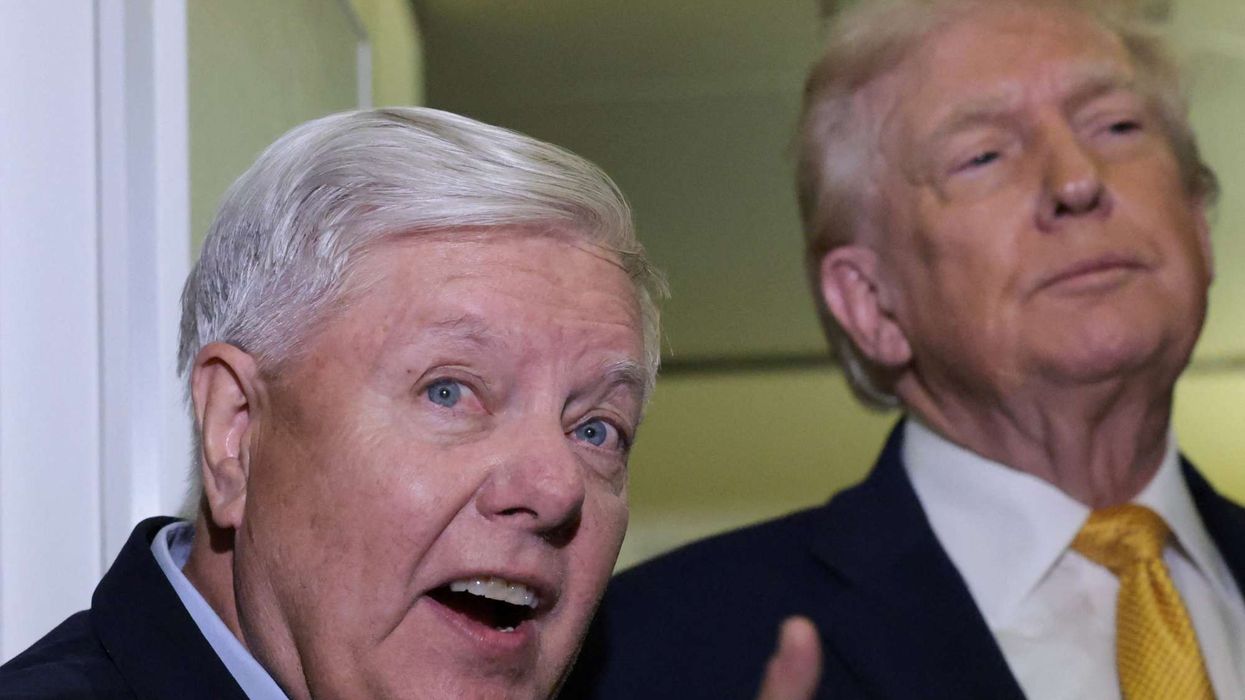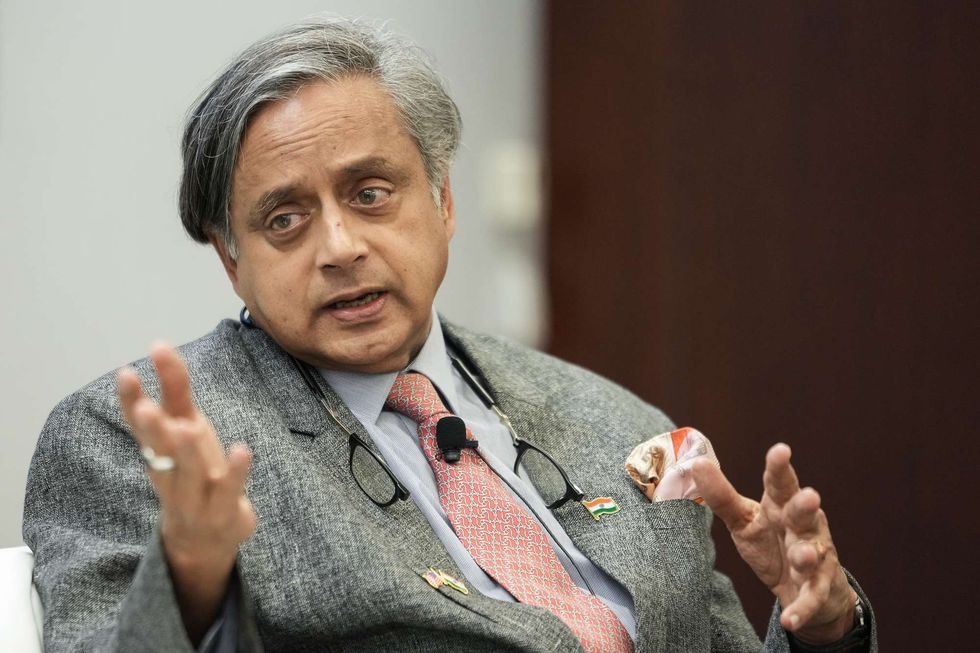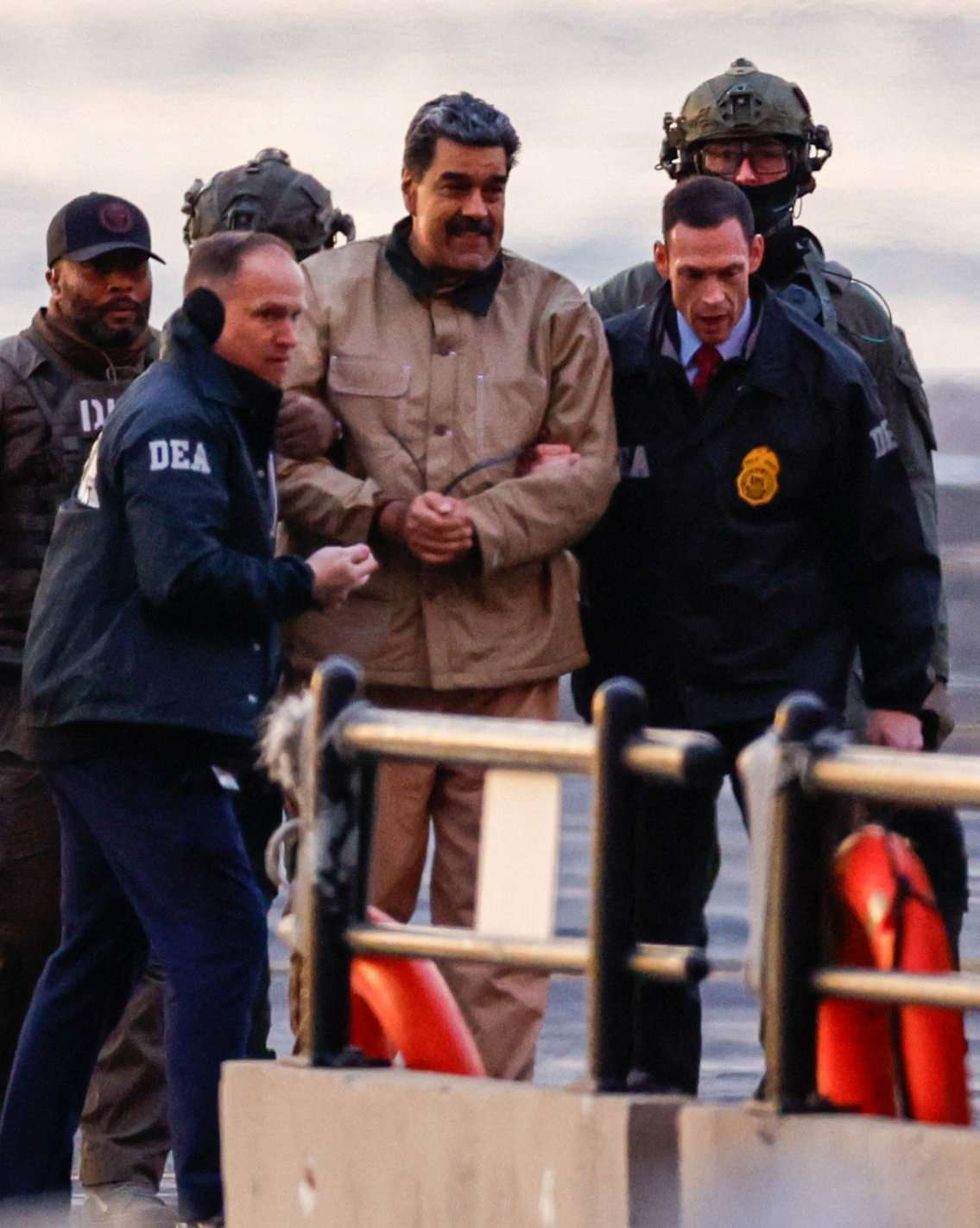by ASJAD NAZIR
A DECADE-LONG journey has seen actor Karam Rajpal deliver an interesting array of roles on the small screen.
The self-made star is currently playing Guddu Pehelwan in comedy-drama series Gudiya Hamari Sabhi Pe Bhari and describes all aspects of it as amazing. He enjoys being on set and is looking forward to taking on more acting challenges in the future.
Eastern Eye caught up with Karam to talk about his acting journey, inspirations and future hopes.
How do you look back on your decade-long journey as an actor? A beautiful journey with lots of ups and downs for me, but with a happy heart. With god’s grace it has been amazing and I love it. I’ve been in the industry for so long and it has been a rollercoaster of love, joy, sadness, happiness, ups and downs. I have learnt a lot being in this industry and the reality of life has been taught to me.
Which of your roles is closest to your heart?
Sameer from Nadaan Parindey Ghar Aaja and Shivam Shrivastav from Mere Angne Mein. I loved these two characters from the core of my heart and will keep loving them.Which has been the most challenging role?
Playing Bhagat Singh in the show Chandrashekhar was really challenging for me, as it demanded a lot as an actor, so I could do justice to a legendary personality. Bhagat Singh has been my idol and I wanted to be very fair to him, so grew my beard and wore a turban. I tried to experience emotions he went through. In this way, I looked authentic and not fake, and so did justice to the role of the legendary Bhagat Singh.Who has been the most memorable person you have worked with?
Actor Varun Badola is someone I can’t forget working with. He has taught me a lot about this industry and being focused in life. I am thankful to him for guiding me in the right direction. And also my fatherly figure director Mr Imtiaz Punjabi (Nadaan Parindey Ghar Aaja) has been a blessing and a great pillar of support for me. He is the one who got the right talent out of me. If I had never met him then probably I wouldn’t have been here, where I am today. He gave me my first lead break.How do you handle the demanding work schedule of Indian TV? It is a very hectic schedule in the Indian television industry – working 12 hours a day for a shoot isn’t a joke at all! It takes a lot from you, your personal life, fitness, mental stability and a lot more. But then again, you have to train yourself for it, which comes with time. Once you get use to it, then you perfectly adjust.
What would be your dream role?
I would really love to be a part of something that is still unexplored for the industry, extraordinary and different. With scripts almost being the same these days in most projects, I want to do something different, which can keep the audience glued to the screen.What kind of content do you enjoy watching as an audience member?
I love watching every genre – thriller, action, romantic, comedy and suspense. So basically everything. I also love watching art as it gives me satisfaction.What inspires you?
There are many things, which inspire me, including music, movies, writing and photography. Basically every positive thing, which I’m surrounded by inspire me to work harder. From the tiniest to the larger aspect of any positive thing inspires me.Why do you love being an actor?
The creative aspect of the Indian industry is something that keeps me going with acting.Instagram: @karamrajpal





 Shashi Tharoor
Shashi Tharoor Nicolás Maduro arriving at the Down town Manhattan Heliport.
Nicolás Maduro arriving at the Down town Manhattan Heliport.





